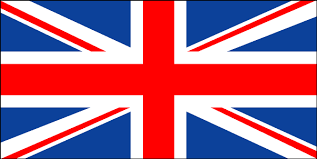 Saudi Arabia
Saudi ArabiaAs a strict Islamic nature, Saudi Arabia filters the internet to "preserve our Islamic values, filtering the Internet content to prevent the materials that contradict with our beliefs or may influence our culture.", very similarly to many other countries that filter web content. The filters in Saudi Arabia also block websites related to alcohol, drugs and gambling. A full report can be read here which is written by Jonathan Zittrain and Benjamin Edelman of Harvard Law School.
Interestingly enough, Saudi Arabian men have recently been using the internet for finding their ideal partner, as reported here on CNN. Due to the strict gender segregation in Saudi Arabia, men and women have little chance to meet each other and one of the few ways they can communicate is through social networking sites such as Facebook. Sites like these can be very useful in conservative societes where it is considered a crime to be seen talking to a member of the opposite gender in public. For further reading, see here, a news article mentioning how 68% of youth Saudis use pseudonyms or aliases online.
Very recently France introduced it's Hadopi law to internet users, which involves a three strike system in an aim to reduce piracy in the country by cutting off consistent offenders' internet connections. Many people are against this law, including the French Green and Socialist parties and there are a few loopholes in the law. For example, if a user of a wifi hotspot is caught downloading copyright material, it would be the hotspot owner that would be punished, not the violator which means free hotspots are becoming very unpopular in France. Also, the method of IP collection is uncertain and therefore many people question the validity of the evidence for catching offenders. Further reading on the Hadopi law can be found here
 United Kingdom
United KingdomWithin the last month (April 2010), the UK passed it's controversial digital economy bill. This had created a big outrage in the online community, especially on social networking site Twitter when the bill was rushed through Parliament. As explained here the bill could stop persistent copyright offenders from using the internet and could block websites that link to illegal content. This would be unideal as you could argue that even Google links to illegal content through its search engine. According to the BBC, many big web giants have opposed the bill, as reported here arguing that the three strike system proposed could be unfair and accidentally pick people that have done nothing wrong.

No comments:
Post a Comment